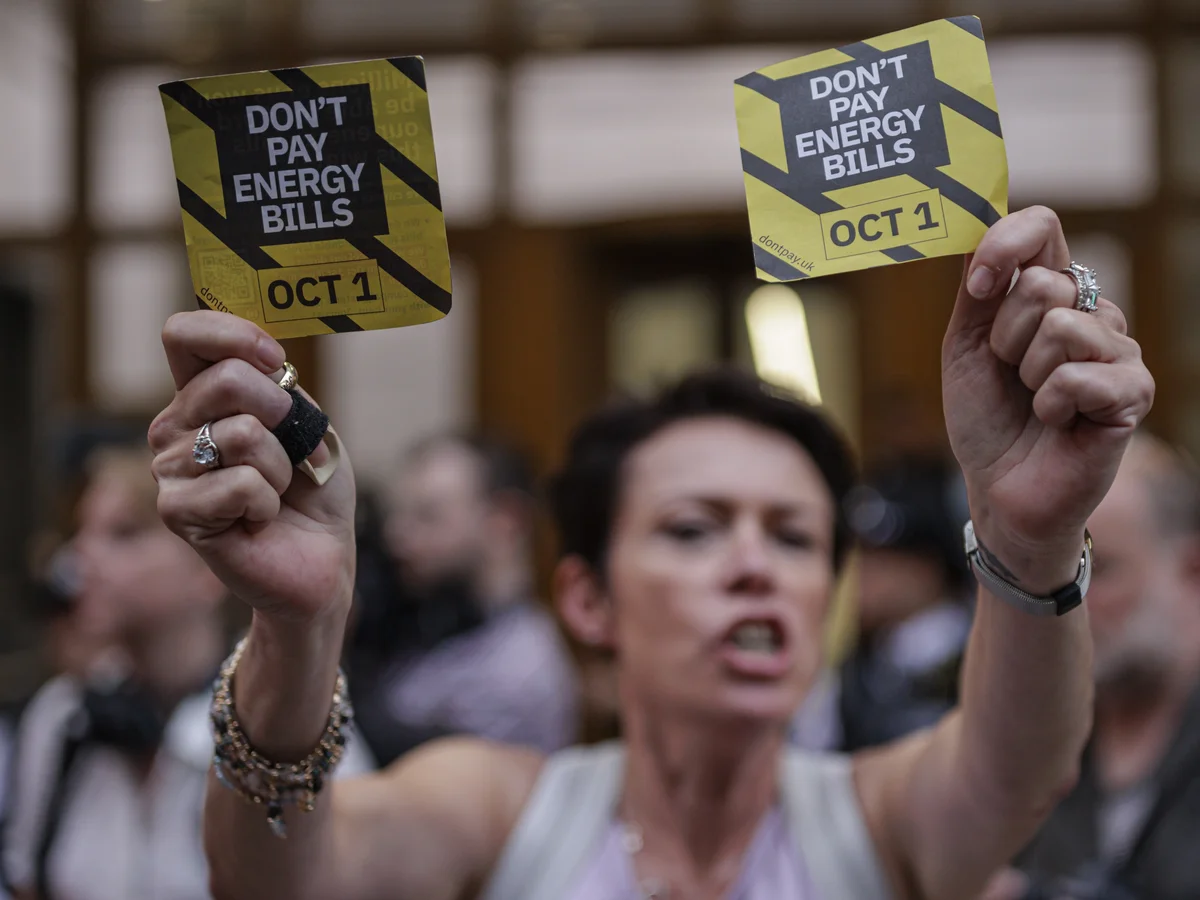Household energy debt in Britain has reached unprecedented levels, intensifying calls for the government to strengthen and sustain support for families struggling with their bills.
New data shows customers now owe suppliers £4.4 billion (Sh758 billion), the highest amount ever recorded, just as millions face another price increase from October.
From Wednesday, gas and electricity costs are going up by 2% for people on variable tariffs in England, Scotland and Wales following Ofgem’s latest price cap review.
For a household with average consumption, this will add £35 (Sh6,033) to their annual bill, bringing the total to £1,755 (Sh172.37) between October and December. Those on fixed deals will not be affected.
The regulator and energy firms are urging consumers to check whether switching tariffs could help reduce their bills. But campaigners argue that small individual actions cannot fix the wider issue of affordability, especially for those already in debt.
Energy UK, which represents suppliers, warned that current measures are falling short. “The level of support [is] still insufficient for those that need it most,” said Ned Hammond, a deputy director at the organisation. He called for “swift progress to improve targeting and design an enduring support scheme that effectively addresses fuel poverty.”
Government ministers say they are working to ease the burden on vulnerable households this winter. The Warm Home Discount, which cuts £150 off winter bills for one in five households on benefits, has been extended. The measure is funded through a slight increase in everyone’s bills.
“In the coming weeks, we will be announcing details of the biggest home upgrade programme in British history to improve up to five million homes, making them cheaper and cleaner to run,” said Energy Minister Martin McCluskey.
He added that the government’s long-term plan involves boosting domestic energy production to bring down costs.
Suppliers have their own relief programmes, such as writing off some debts or issuing emergency vouchers, but these vary from company to company.
Ofgem has proposed creating a central Debt Relief Support Scheme to address the growing arrears problem. The fund would allow companies to write off unpayable debt or reduce balances by matching customer repayments, likely financed through general taxation or everyone’s energy bills.
Ofgem’s most recent figures show that more than one million households currently have no repayment arrangements in place, raising concerns about the impact of cold weather on already stretched families.
Energy UK has suggested using income, health and energy consumption data to better identify households most in need, with tiered support based on vulnerability.
Its analysis shows that spending £1.5 billion (Sh258 billion) annually could close the fuel poverty gap and save affected families an average of £400 (Sh68,980) each year.
Rising prices have been driven partly by the Warm Home Discount costs and by expenses involved in balancing supply and demand, such as adjusting wind power generation. Consumers are being advised to manage energy use carefully through the colder months, though for many this has already become routine in recent years.
Meanwhile, support for pensioners through the winter fuel payment was initially reduced but was later reinstated after public pressure. Nine million pensioners with annual incomes of £35,000 (Sh6.03 million) or less will receive the payment in the coming weeks.
